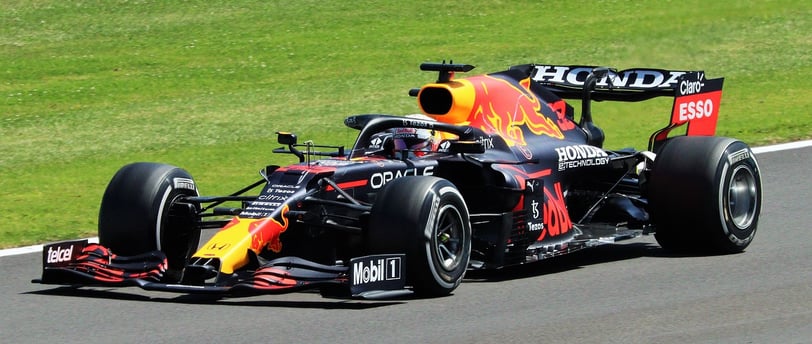Formula 1 2024: Latest Developments and Key Updates
The 2024 Formula 1 season features a record-breaking 24-race calendar with key adjustments including Saturday races, regional scheduling changes, and ongoing team dynamics impacting the competition.
SPORTS


The 2024 Formula 1 season is shaping up to be one of the most intense and closely watched in recent years, with significant updates and changes that promise to keep fans on the edge of their seats. Here's a comprehensive overview of the latest developments.
Record-Breaking 24-Race Calendar
One of the most talked-about updates for the 2024 season is the introduction of a record-breaking 24-race calendar. This extended schedule includes several noteworthy adjustments designed to enhance both the logistical flow and fan experience. The season kicks off in Bahrain on March 2nd and concludes in Abu Dhabi on December 8th, marking one of the longest seasons in F1 history.
Key changes include the return of the Chinese Grand Prix in Shanghai, which has been absent since 2019 due to the pandemic, and the relocation of the Japanese Grand Prix from its traditional September slot to early April. Additionally, the Azerbaijan Grand Prix will now take place in mid-September, forming a back-to-back with Singapore, while Qatar's race has been moved to December as the penultimate event of the season.
These changes are part of Formula 1's ongoing efforts to regionalize races, reducing travel burdens and supporting sustainability goals.
Saturday Races and Ramadan Adjustments
Another significant update is the introduction of additional Saturday races. Traditionally, Formula 1 races are held on Sundays, but the 2024 season will see three events scheduled for Saturdays. This includes the first two races of the season in Bahrain and Saudi Arabia, adjusted to accommodate the start of Ramadan on March 10th. The Las Vegas Grand Prix, which debuted on a Saturday in 2023, will also maintain its unique slot on the calendar.
Mid-Season Technical Challenges and Team Dynamics
As the season progresses, teams are facing various technical and strategic challenges. Red Bull Racing, despite a dominant start, has encountered unexpected difficulties with their RB20 car. Both Max Verstappen and team principal Christian Horner have expressed concerns, urging the team to resolve ongoing issues that have affected their recent performances. Meanwhile, Mercedes is rumored to announce the promotion of young talent Andrea Kimi Antonelli at the Italian Grand Prix, highlighting their focus on future potential.
Ferrari, on the other hand, is navigating internal dynamics with Charles Leclerc eager to learn from the arrival of Lewis Hamilton, as the seven-time champion brings his extensive experience to the team. This partnership is seen as a crucial element in Ferrari's strategy to reclaim its position at the top of the sport.
Rising Pressure on Aston Martin and Williams' Strategic Moves
Aston Martin has found itself under increasing pressure as the 2024 season unfolds. Despite early promises, the team’s performance has not met expectations, leading to speculation about potential changes in leadership or strategy. Team owner Lawrence Stroll has maintained patience, but the coming races could be critical for their future direction.
Williams, meanwhile, is focusing on long-term growth with plans for a three-pronged upgrade strategy. These upgrades are not only aimed at improving the current car's performance but are also part of a broader vision for the 2025 season, indicating a forward-thinking approach from the storied team.
Upcoming Races and What to Expect
With the Dutch Grand Prix at Zandvoort just around the corner, teams are gearing up for the challenges that lie ahead. The race, scheduled for August 25th, will be followed closely by the Italian Grand Prix at Monza on September 1st. These races are expected to be pivotal in determining the momentum heading into the final stretch of the season.
In summary, the 2024 Formula 1 season is packed with developments that are reshaping the competitive landscape. From an extended calendar to technical challenges and strategic shifts, each update adds a new layer of excitement to the world’s premier motorsport series.
